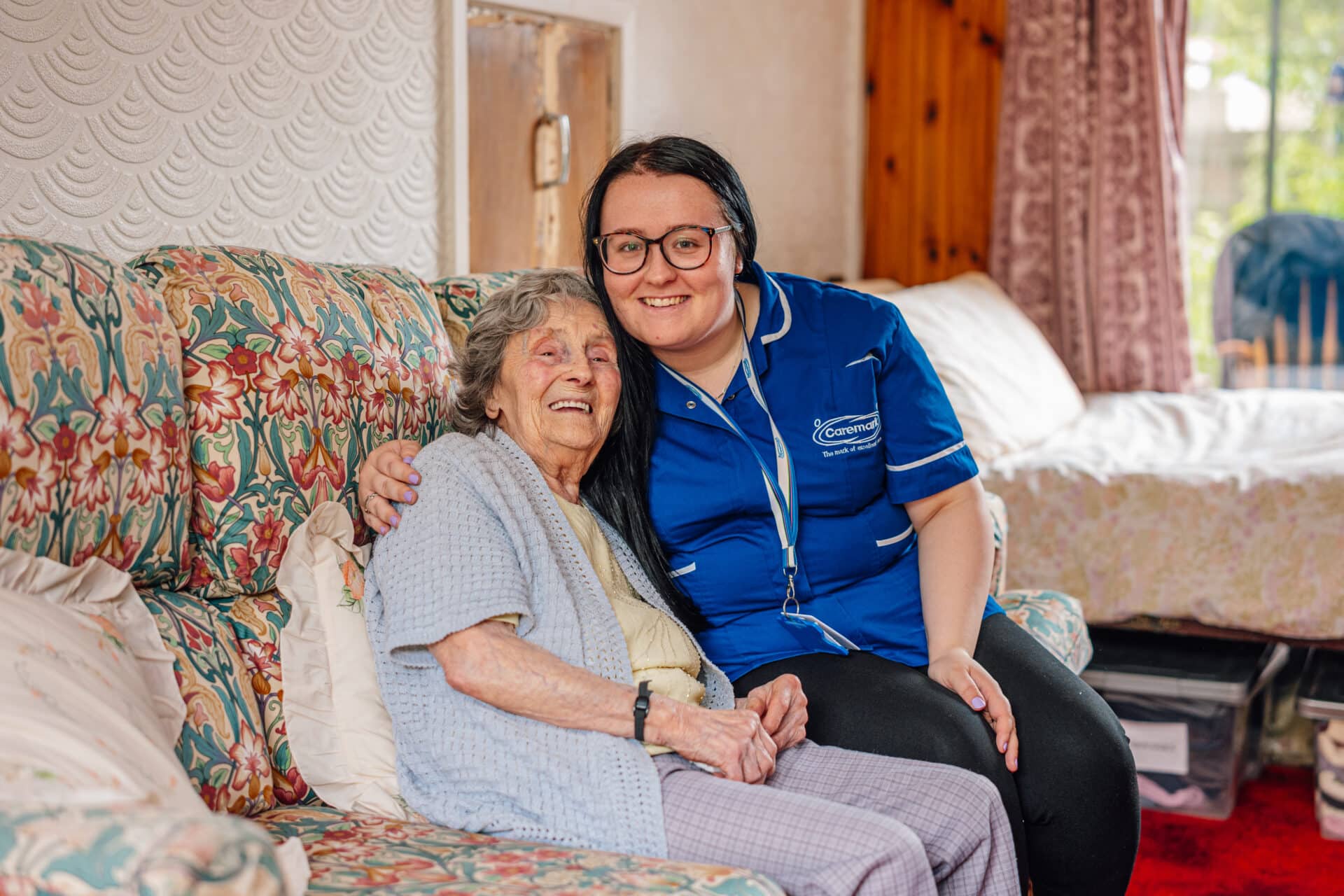Skills for Care

Care work is a hugely rewarding, yet at times, challenging profession. We have tried to set out below all the skills for care that Caremark Cheltenham and Gloucester believe are important and we look out for when hiring a carer.
Looking after the most vulnerable people in society is a pivotal role in health and social care, maximising their quality of life in the face of illness and disability.
Being a carer is not just a job; it’s a role that requires a special kind of person. A great carer brings more than just technical skills. They bring warmth, patience, and understanding to those they care for. Whether you’re helping someone with their daily tasks or offering companionship, the qualities that make a carer great are the ones that can truly make a difference in someone’s life.
What are some skills for care?
1. Passion and dedication
These are perhaps the most important qualities a carer can have. While skills and training are really important to maintain high working standards, it’s passion for helping those in need that makes the real difference.
Along with passion, dedication to the profession is vital. Many in our care community view their work as more of a calling than a job. They are the people that friends and family members look to in times of need. Putting others first comes naturally. It’s this calling that, despite the pressures of the work, makes the carer community so strong.
2. Friendliness
If customers are withdrawn or exhibit behavioural issues, having a friendly presence is vital to ensure they feel happy and safe. A carer needs to be open and warm which helps them build rapport with their customers and not only develop better working relationships, but also long-lasting friendships.
3. Communication
Carers regularly encounter individuals from varied backgrounds with diverse health issues, which may impair their ability to communicate. Interacting clearly with customers, who may have individual needs, will assist with effective working practices. Good communication with colleagues also ensures that customers receive a high level of care.
4. Attentiveness
Unfortunately, isolation is a situation that many customers face daily. Humans are social by nature, and therefore just being present is a huge part of care work. In addition to physical assistance, engagement and listening to your customers is one of the most valuable services a carer can provide.
5. Sense of humour
Laughing truly is the best medicine sometimes. While customers can suffer from serious health issues which need to be treated professionally, making them smile, even for a short time, can make the world of difference to their physical and mental well-being.
What do you think of our skills for care list?
We are planning to share more so please keep your eyes peeled on our blogs for these. Read the second part of this series here.
If you, or someone you know, has the appropriate skills for care, please direct them to our jobs page here.